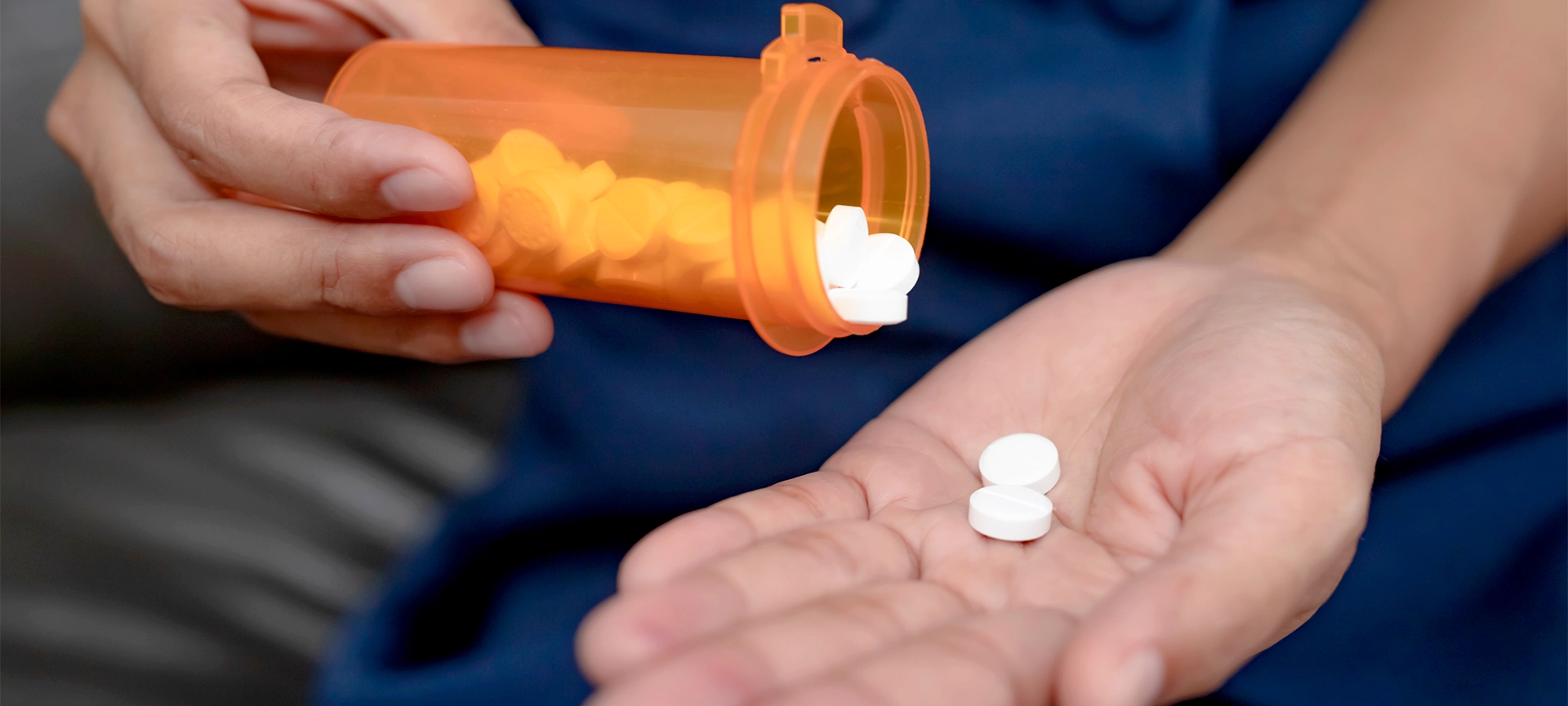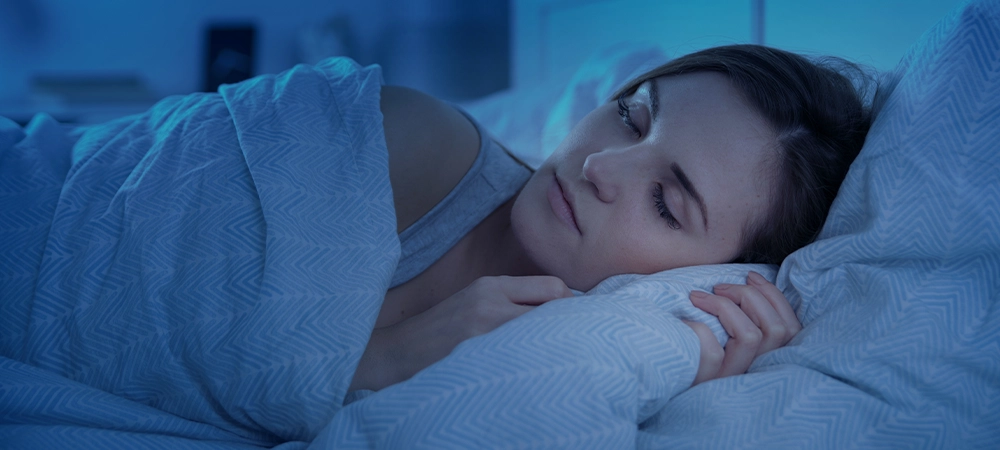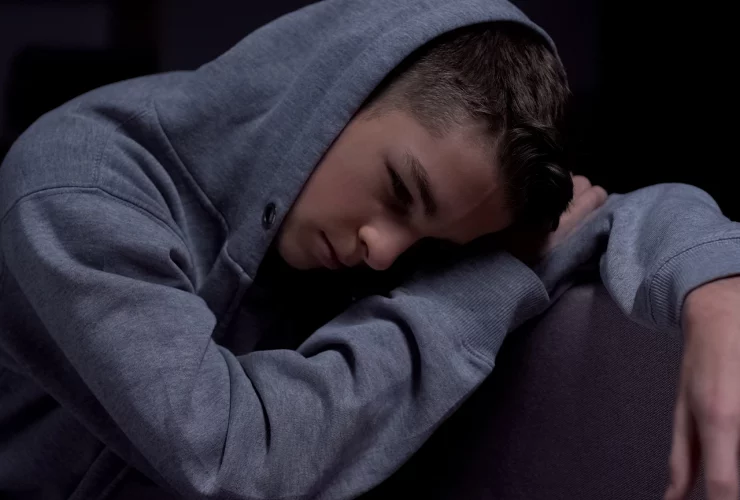What to Do if You’re Addicted to Zopiclone: Signs and When to Ask for Help
Does the thought of falling asleep without Zopiclone fill you with dread? Do you find yourself reaching for the bottle more often than prescribed, or maybe even hiding your use from loved ones? If these questions resonate with you, you’re not alone. Many individuals find themselves caught in the grip of Zopiclone addiction, a dependency that can quickly spiral out of control.
Addiction is a complex issue, often accompanied by feelings of shame and isolation. But remember, seeking help is a sign of strength, not weakness. The first step towards recovery is recognizing the signs of addiction and understanding that you don’t have to face this alone.
Whether you are unsure if you have a problem or are ready to take the first step toward recovery, this guide will provide valuable information and resources to support you.
Zopiclone: What It Is & How It Works
Zopiclone, often sold under the brand name Imovane, is a prescription medication primarily used for the short-term treatment of insomnia. It belongs to a class of drugs called nonbenzodiazepine hypnotics, which means it works similarly to benzodiazepines (like Valium or Xanax) but has a different chemical structure.
Doctors typically prescribe Zopiclone for a limited period, usually 2 to 4 weeks. This is because the body can quickly tolerate the drug, making it less effective.
How Zopiclone Affects the Brain
Zopiclone works by enhancing the effects of a neurotransmitter called gamma-aminobutyric acid (GABA) in the brain. GABA is a natural calming agent that helps to slow down brain activity, making it easier to relax and fall asleep. Zopiclone binds to specific GABA receptors, increasing their activity and promoting a sense of calmness and drowsiness.
Related Article: What Are the Side Effects of Zopiclone
The Risk of Addiction
While Zopiclone can be effective in the short term, it carries a risk of dependence and addiction, even when used as prescribed. This is because the brain can adapt to the presence of the drug, making it difficult to fall asleep without it. As tolerance builds, individuals may need to take higher doses to achieve the same effect, which can further increase the risk of dependence.
The risk of addiction is higher in people who have a history of substance abuse or who take Zopiclone for longer than recommended. Certain factors, such as genetics and environmental influences, can also increase a person’s susceptibility to addiction.
Related Article: How Long Does Zopiclone Stay in Your System?
Recognizing the Signs of Zopiclone Addiction
Recognizing the signs of Zopiclone addiction is crucial for early intervention and successful treatment. While everyone experiences the effects of the medication differently, there are common physical, behavioural, and psychological signs to watch for.
Physical Symptoms:
- Daytime drowsiness and fatigue
- Coordination problems
- Slurred speech or difficulty speaking
- Dizziness and lightheadedness
- Memory problems
- Headaches and muscle aches
Behavioural Changes:
- Taking Zopiclone in more significant amounts or for longer than prescribed
- Craving Zopiclone and feeling anxious or agitated when unable to take it
- Engaging in secretive behaviour to obtain or use Zopiclone.
- Neglecting responsibilities at work, school, or home
- Continuing to use Zopiclone despite negative consequences
Psychological Dependence
Zopiclone addiction can significantly impact mental health, leading to:
- Anxiety and depression
- Irritability and mood swings
- Difficulty coping with stress or managing emotions
- Insomnia and sleep disturbances
Risks of Zopiclone Addiction
Zopiclone addiction is not just about the difficulty of falling asleep without the drug. It poses serious risks to both your short-term well-being and long-term health. Understanding these risks is crucial for recognizing the urgency of seeking help.
Short-Term Dangers
- Memory Problems
- Impaired Judgment and Coordination
- Paradoxical Reactions – In some cases, Zopiclone can have the opposite of its intended effect, leading to restlessness, agitation, aggression, or even hallucinations.
- Overdose Risk.
Long-Term Consequences
The longer the addiction goes on, the greater the potential for lasting consequences.
- Tolerance: The body adapts to Zopiclone over time, requiring higher doses to achieve the same sleep-inducing effects. This can lead to a dangerous cycle of increasing dosage and escalating dependence.
- Withdrawal Symptoms: Abruptly stopping Zopiclone can trigger a range of unpleasant withdrawal symptoms, including anxiety, insomnia, tremors, sweating, nausea, and even seizures in severe cases.
- Mental Health Issues: Chronic Zopiclone use has been linked to depression, anxiety, and an increased risk of suicidal thoughts or behaviours.
- Physical Health Problems: Long-term use can contribute to cardiovascular, respiratory, and other health complications.
Importance of Early Intervention
The sooner you recognize the signs of Zopiclone addiction and seek help, the better your chances of avoiding these serious consequences. Early intervention can prevent the addiction from worsening and minimize the damage to your physical and mental health.
When to Seek Help: Breaking the Cycle of Addiction
Deciding to seek help for Zopiclone addiction can be a challenging but crucial step towards recovery. It’s essential to be honest with yourself about your relationship with the medication and consider whether it’s impacting your life negatively. Here are some questions to ask yourself:
- Do you need to take more Zopiclone than prescribed to achieve the same effect?
- Do you feel unable to sleep or experience withdrawal symptoms when you don’t take Zopiclone?
- Are you spending a significant amount of time obtaining, using, or recovering from the effects of Zopiclone?
- Have you tried to quit or cut back on your use but found it difficult?
- Is your Zopiclone use causing problems in your relationships, work, or other areas of your life?
- Do you feel ashamed or secretive about your Zopiclone use?
If you answered “yes” to any of these questions, it may be time to seek professional help.
Overcoming the Stigma
There is often a stigma associated with addiction, which can make it difficult to reach out for help. But remember, addiction is a medical condition, not a moral failing. You deserve compassion, understanding, and support on your journey to recovery.
Available Treatment Options
There are several effective treatment options available for Zopiclone addiction:
- Detoxification: This involves gradually tapering off Zopiclone under medical supervision to minimize withdrawal symptoms and ensure safety.
- Therapy: Individual and group therapy can help you understand the root causes of your addiction, develop coping mechanisms, and learn healthy strategies for managing stress and sleep problems.
- Support Groups: Connecting with others going through similar experiences can provide invaluable support, encouragement, and a sense of community.
Finding Your Way Back to Restful Nights
As we’ve explored, Zopiclone addiction can manifest in various ways, impacting your physical health, behaviour, and mental well-being. If you or someone you care about is struggling with this medication, it’s crucial to recognize the signs early and seek professional help.
Remember, addiction is not a sign of weakness but a treatable condition. With the proper support and guidance, you can break free from the cycle of dependence and reclaim control of your life.
At Inspire Change Wellness, we believe in treating the whole person, not just the addiction. Our holistic approach to treatment combines evidence-based therapies with personalized care and support.
If you’re ready to take the first step towards a healthier, happier life, contact us today for a confidential consultation. Let us help you find your path to healing.






